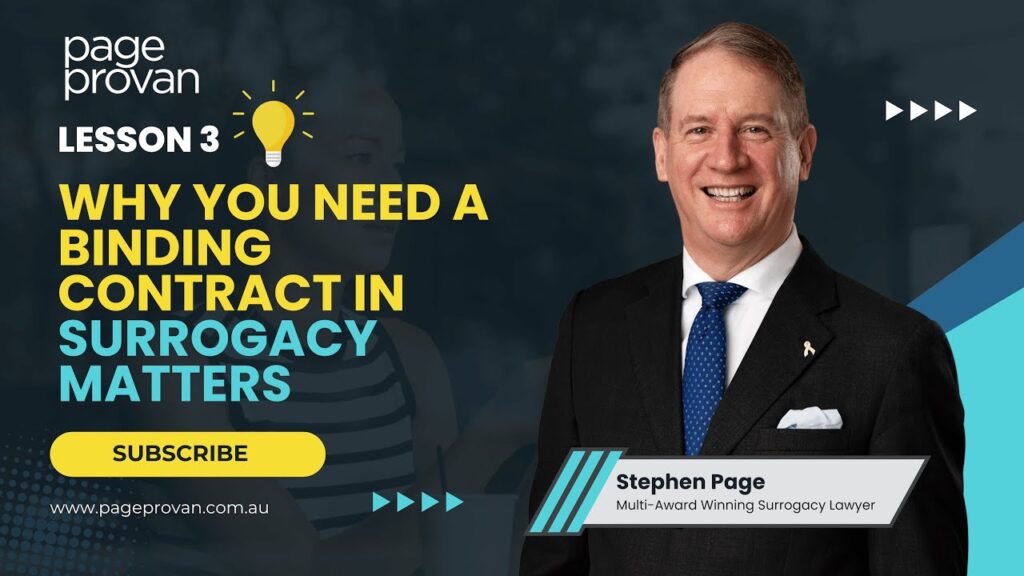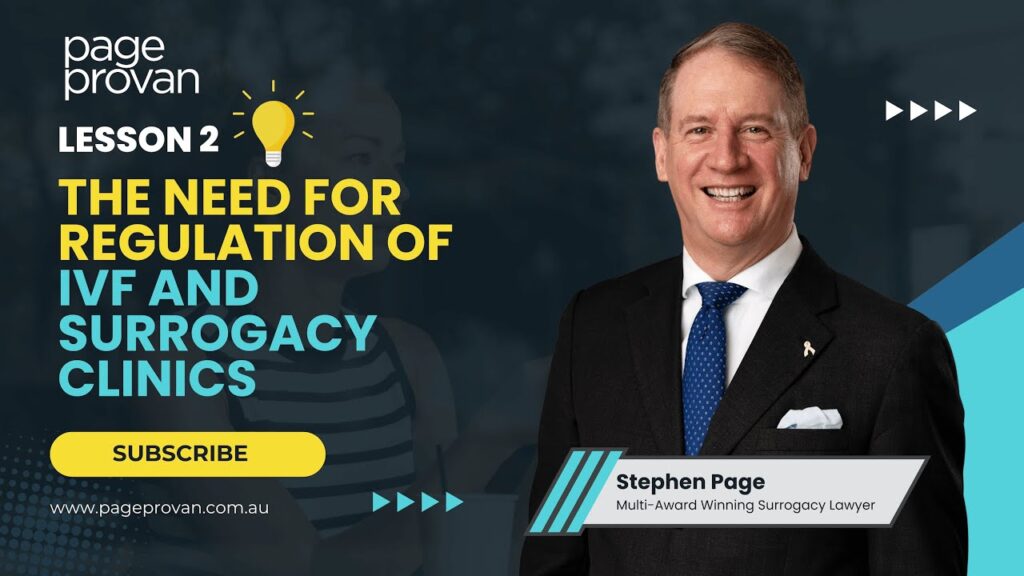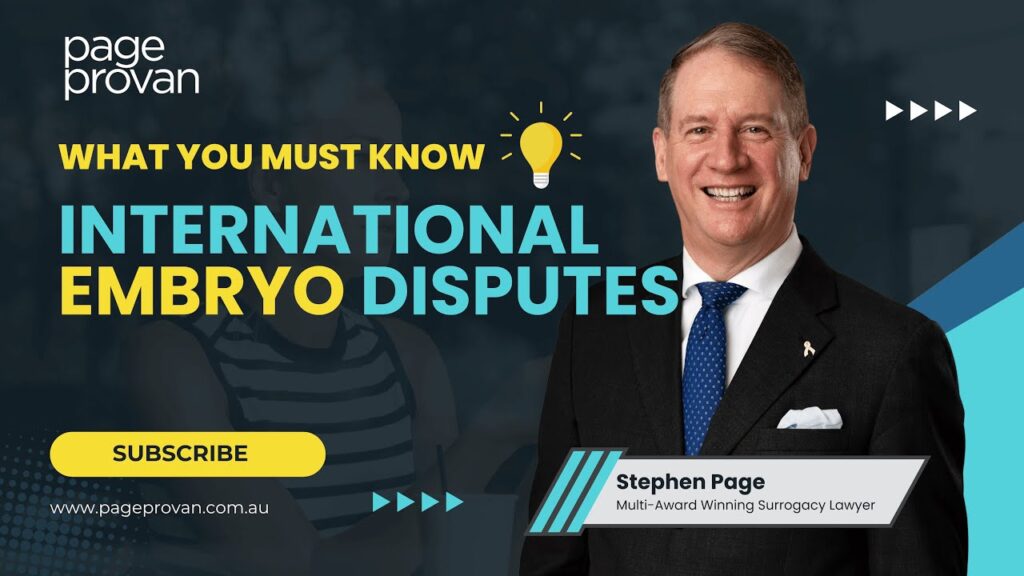Indigenous communities take action to fight family violence
Indigenous communities take action to fight family violence
Services generated at the local level that engage with the community, utilise Indigenous staff, involve men and empower women, are the key features of successful attempts to stop violence and abuse in Indigenous communities, according to the Social Justice Report 2007, officially launched in Sydney today.
The report, produced annually by HREOC through the Office of the Aboriginal and Torres Strait Islander Social Justice Commissioner, considers the impact of government activity on the exercise and enjoyment of Indigenous people’s human rights.
Commissioner Tom Calma said violence and abuse was occurring at unacceptable levels but the 19 case studies highlighted in this year’s Report were extremely encouraging.
“Violence and abuse is a scourge that is damaging families and communities, traumatising women and children and tearing at the fabric of Indigenous culture,” Mr Calma said.
“Over the last 18 months we’ve seen sustained media coverage of these issues but we’ve rarely seen or heard how Indigenous people and communities across Australia are taking positive steps to respond to family violence, abuse and neglect.
“The Social Justice Report 2007 highlights what can be achieved with passion and commitment – sometimes by a single person with little or no government support.
“Sometimes these steps were taken because communities felt a need to take action themselves and others developed through formal and informal partnerships with individual government agencies, non-government organisations, the courts or police.
“But most importantly, every single one of them is striving to make a lasting difference and they are initiatives lead by Indigenous people.”
Mr Calma said the studies profiled how different communities were dealing with family violence through initiatives covering community education, alcohol management, men’s groups, family and safe houses and offender programs.
“Some are well-established, some build on earlier programs and others are in their early stages but they are all examples of ‘promising practice’ and provide valuable lessons about what approaches work and the reasons why,” Mr Calma said.
“The case studies show what can be achieved and will hopefully inspire service providers to think critically about how effectively they deliver their services.”
Mr Calma also highlighted that partnerships and a holistic approach were essential elements to a successful program.
The Social Justice Report 2007, community guides and media information are available online at
HREOC
Source: HREOC












